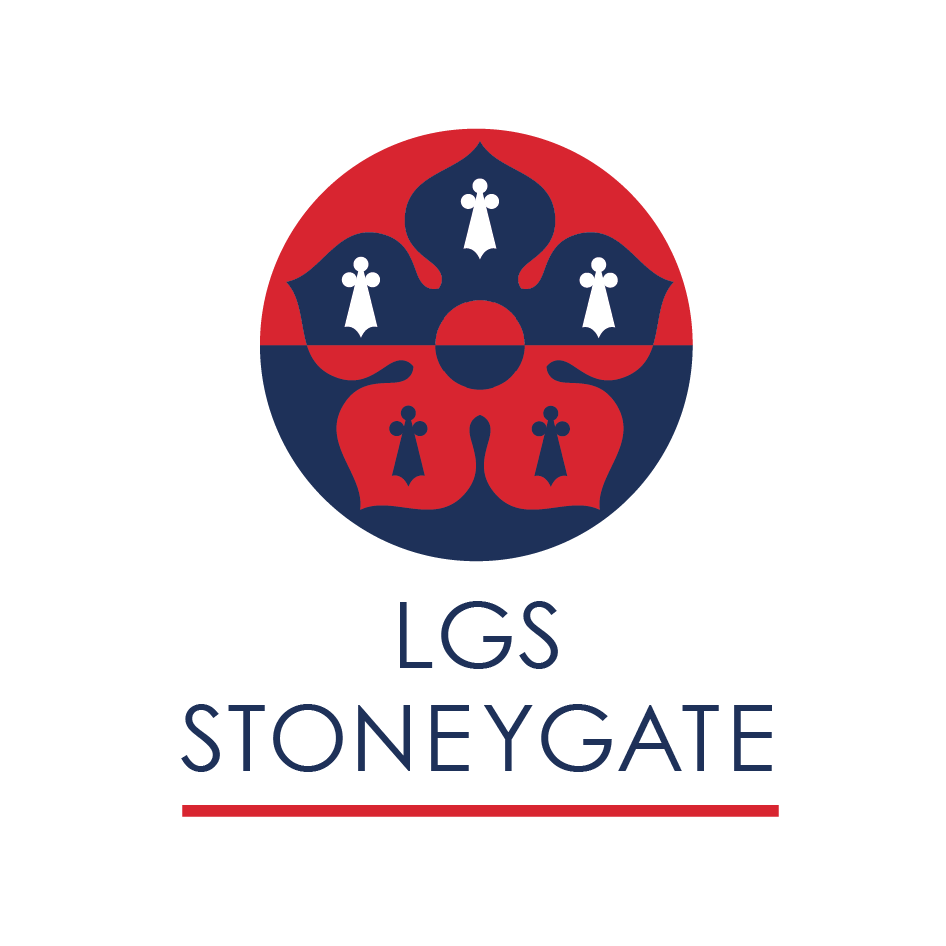Time to take a different tack

Outside my office, Year 11 pupils are sitting in preparation for their GCSE modern language oral mocks. Elsewhere in the building, others have been completing their Art or Ceramics mocks (ten hours at GCSE and fifteen at A-level), while all of Years 11 and 13 will return to school after Christmas to sit a series of written Trial examinations. We call them ‘Trials’ not because the experience is a bit of a trial in its own right, but because pupils are trying out their knowledge and understanding when confronted with questions they have not seen before.
My sense is that they are in control of the situation, partly because they have been prepared well for the content of the examinations and know how to apply their learning, and partly because they have become accustomed as they have grown through the school to the pressures inherent in this type of timed assessment.
Research has shown that learning interspersed with regular testing is effective in consolidating knowledge and honing understanding, but are the high-stakes questioning and handwritten answers of our examinations system the best way to validate a child’s education? The critics would argue that it is outmoded, excessively congested at GCSE and too specialised at A-level. Employers, having wanted young people who had vocational skills, now want employees who are creative and adaptable, with high-quality basic all-round skills and an ability to think for themselves.
Our pupils tend to fare very well in traditional exams and our intention is anyway to go beyond the confines of the specification as we encourage curiosity and intellectual discovery. For this reason, we keep the curriculum as broad as possible until Year 10, when GCSE options are chosen. Our Sixth Form Aspire course is also designed to provide plenty of opportunities for development beyond core A-level studies. Yet reform is undoubtedly overdue – albeit difficult to achieve when the views of successive governments diverge. The Tories were intending to replace A-levels with the Advanced British Standard and to have everyone learning some form of mathematics or numeracy in the Sixth Form too. No-one took much notice as it was likely that their days in government were spent, and the challenge of training and recruiting so many maths teachers also seemed somewhat unrealistic. They were, however, just about to introduce a Natural History GCSE, which Labour has now paused, attracting criticism that they have only done so because it is a Conservative initiative! Labour has already announced a major curriculum and assessment review to “ensure that the curriculum appropriately balances ambition, excellence, relevance, flexibility and inclusivity for all children and young people”. Both OCR and AQA, two of the three principal awarding bodies have said that children are sitting too many exams at GCSE, and the third exam board, Pearson, has just announced that more assessments will soon be available on-screen, with the expectation of a gradual shift towards “increasingly digital” exams in the UK.
The head at Bedales, an independent school in Sussex, recently referenced an alliance of seven former education ministers who have together advocated change:
Collectively they highlight the need to move away from an overly exam-based system to a forward-looking education which includes character, creative thinking, problem solving and other skills, alongside the best of the more traditional aspects of our current system.
Let us indeed hope that there will soon be positive and coherent evolution. Education is too important to be a political football.
Best wishes,

John Watson
Headmaster and Principal




